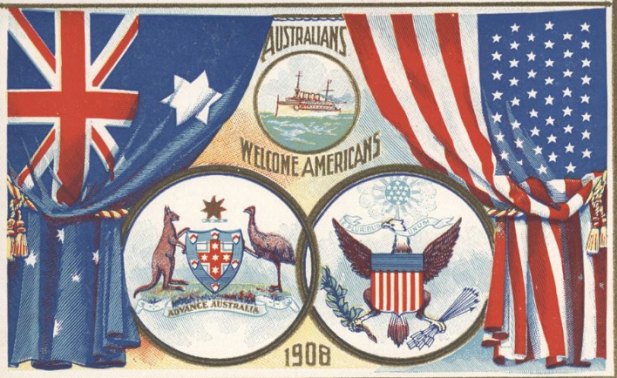The media, on one level, are the primary carriers of culture (Lule 2015,p.157).
In light of globalization, the fusion of culture is inescapable. Whilst previously, cinema was seen in a nationalistic form of art- even propaganda- the expansion of the market to a global audience has caused a shift and retooling in not only how different cultures are portrayed, by how they are produced as well. Its inevitable then that media will see a blending of cultures. With the media audience now moved from a national scope to a global scope, the trend of transnational film is only going to continue to grow. By merging the story telling techniques of Chinese, or incorporating Bollywood/Hindi themes into Hollywood films, we see the ‘hybridisation’ expand the audience (Karan, K & Schaefer, DJ 2010, pp312). This can also been seen in the development of a multitude of bilateral trade agreements in between nations, as noted by O’Regan and Potter (2013,p.5). Each industry sector is more orientated to a global agenda than previously, and Globalistaion is a routine matter for media production (2013,p.5).

S0 what does this all mean for Australian Content and government policy?
Australian content producers previously consisted of almost exclusively Australian companies accessing Australian funding schemes, but now are just as likely to be transnational production companies ‘utlising the global formats of parent companies and creating Australian content’ (2013,p. 7).
 The example put forth of Matchbox Pictures is a great case study (2013,p.10). Matchbox Pictures developed the television series ‘The Slap’ in 2008, (based on the novel by Christos Tsiolkas) to much cirtical acclaim. Matchbox Pictures was then acquired by NBC Universal Internation in 2011, but like any other Australian production company- is eligbale nad beneifts from Screen Australia funding. Which brings up the issue- Are we comfortable with the tax payer subsidizing a giant American conglomerate? It is noted (2013,p.11) these merges have both the potential for benifical and detremential effects on Australian content in a global context- access to Australian skills and expertise, but perhaps the loss of creative freedom and commercial pressure.
The example put forth of Matchbox Pictures is a great case study (2013,p.10). Matchbox Pictures developed the television series ‘The Slap’ in 2008, (based on the novel by Christos Tsiolkas) to much cirtical acclaim. Matchbox Pictures was then acquired by NBC Universal Internation in 2011, but like any other Australian production company- is eligbale nad beneifts from Screen Australia funding. Which brings up the issue- Are we comfortable with the tax payer subsidizing a giant American conglomerate? It is noted (2013,p.11) these merges have both the potential for benifical and detremential effects on Australian content in a global context- access to Australian skills and expertise, but perhaps the loss of creative freedom and commercial pressure.

The age of globalistaion has opened up a global market to Australian content, in accessing it, there may a dilution of what is ‘Australian’ about the content. In my view, the pressure to ensure or stipulate the content in order to receive funding will be as robust or great as that of pressure from NBC. The desire for national cinema is not needed in government policy- the abandonment of the necessity of Significant Australian Content policy in co-productions is in my view, a step in the right direction. The fears of ‘Hollywood-ization’ of Australian content ignore the fact that imported culture becomes indigenized anyway. Globalisation has meant that national cinema needs to be abandoned, and co-productions are the key to adapting to the new environment of the media industry.
…………………….
REFRENCES.
Appadurai, A 1996, ‘Modernity at Large: Cultural Dimensions of Globaliszation’, University of Minnesota Press, Minnesota, pp27-47.
Karan, K and Schaefer, DJ (2010) ‘Problematizing Chindia: Hybridity and Bollywoodization of popular Indian cinema in global film flows’, Global Media and Communication, 6: 3, pp. 309-316.
Lule, J 2015, Globalization and Media : Global Village of Babel, Rowman & Littlefield, LONDON, pp 157.
O’ Regan, Tom and Potter, Anna “Globalisation from within? The De-Nationalisation of Australian film and television production”. Media International Australia. November 2013, No. 149. p 5-14.

















